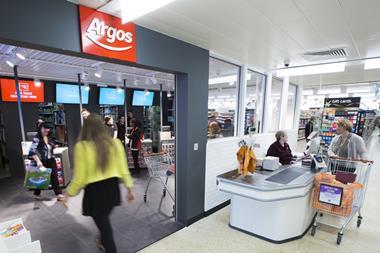Families are feeling more financially flush thanks to lower fuel, electricity, gas and food prices, the latest Asda Income Tracker has identified.
The report, produced by the Centre for Economics and Business Research (CEBR), found the average UK household had £180 a week of discretionary income – after tax and bills – in December 2014, up by £15 a week on the same month the previous year – the largest annual increase since November 2009.
A 10.5% year-on-year dip in the cost of filling up the car, a 2.1% fall in electricity and gas prices and a 1.7% reduction in the cost of food and drink last month contributed to families’ relative wealth.
The research also found Brits were earning more but paying less for the “essential” items they needed. Essential-item inflation in December fell to just 0.2% while wages grew 1.8%.
Andy Clarke, president and chief executive of Asda, said January was always a tough time for families as they rebalanced the books after the Christmas holidays but, with prices falling steadily at the pumps as well as at checkouts, families across all regions of the UK would be better off going into 2015.
Sam Alderson, economist at the CEBR, said, “Households are currently experiencing a considerable boost to their finances from the combined effects of rapidly falling, record low inflation, rising employment, and wage growth at its fastest since the financial crisis. It was encouraging to see the economic tide finally turn in the favour of UK households, after a long and difficult period since the 2008-09 recession.”















No comments yet